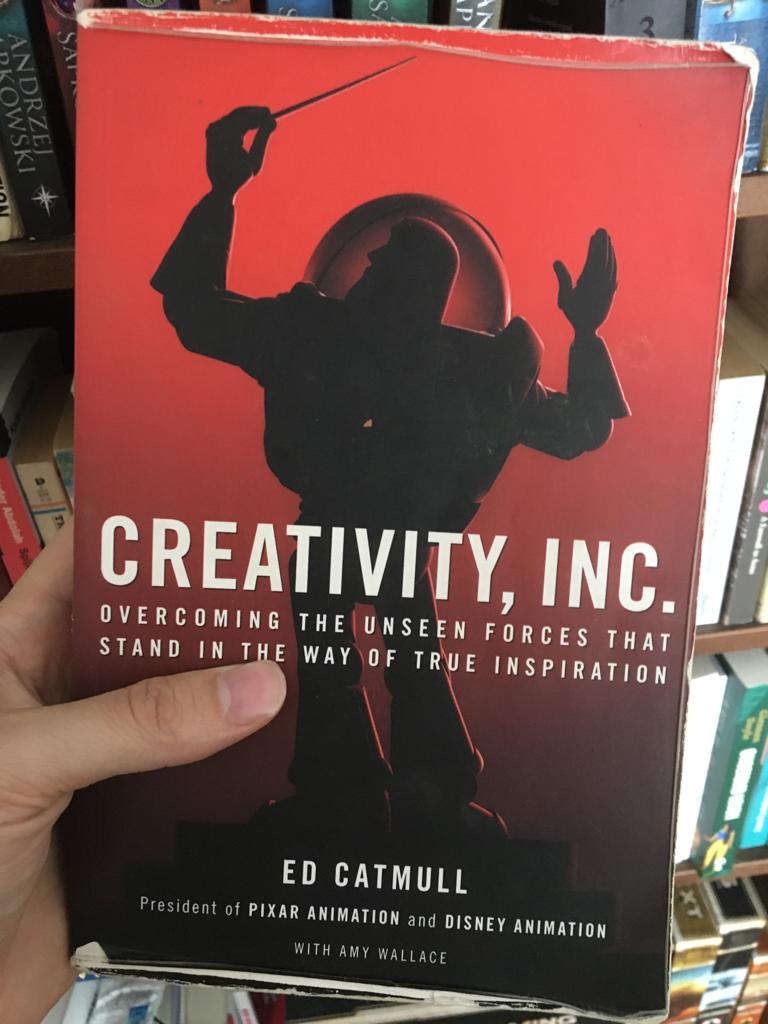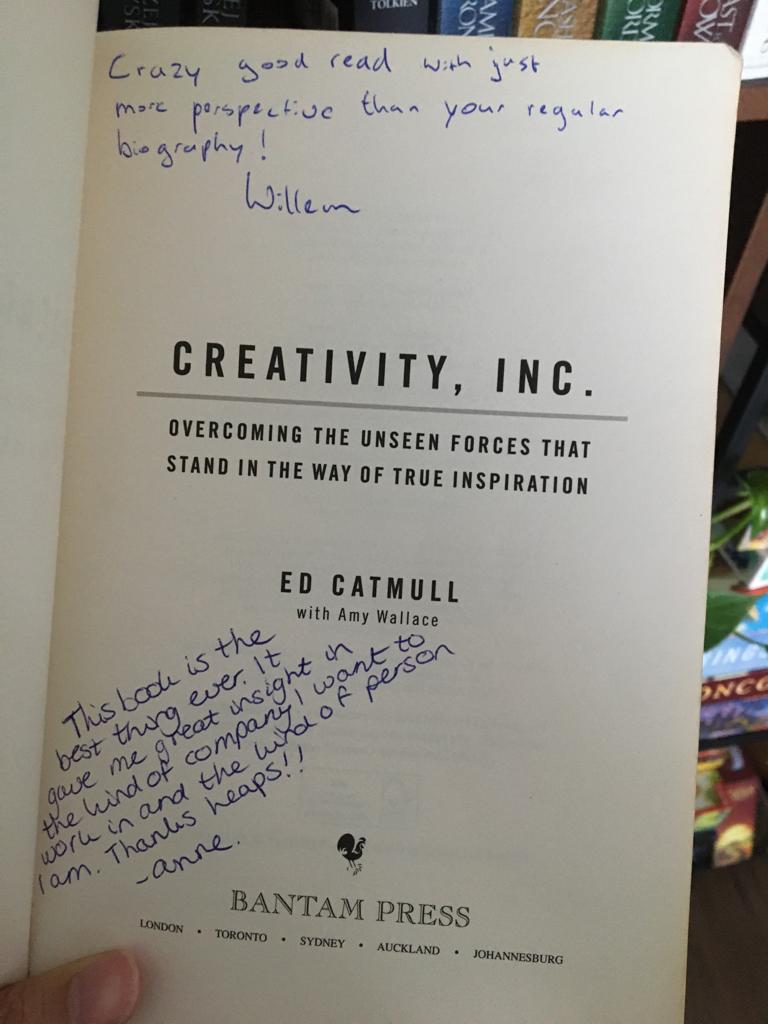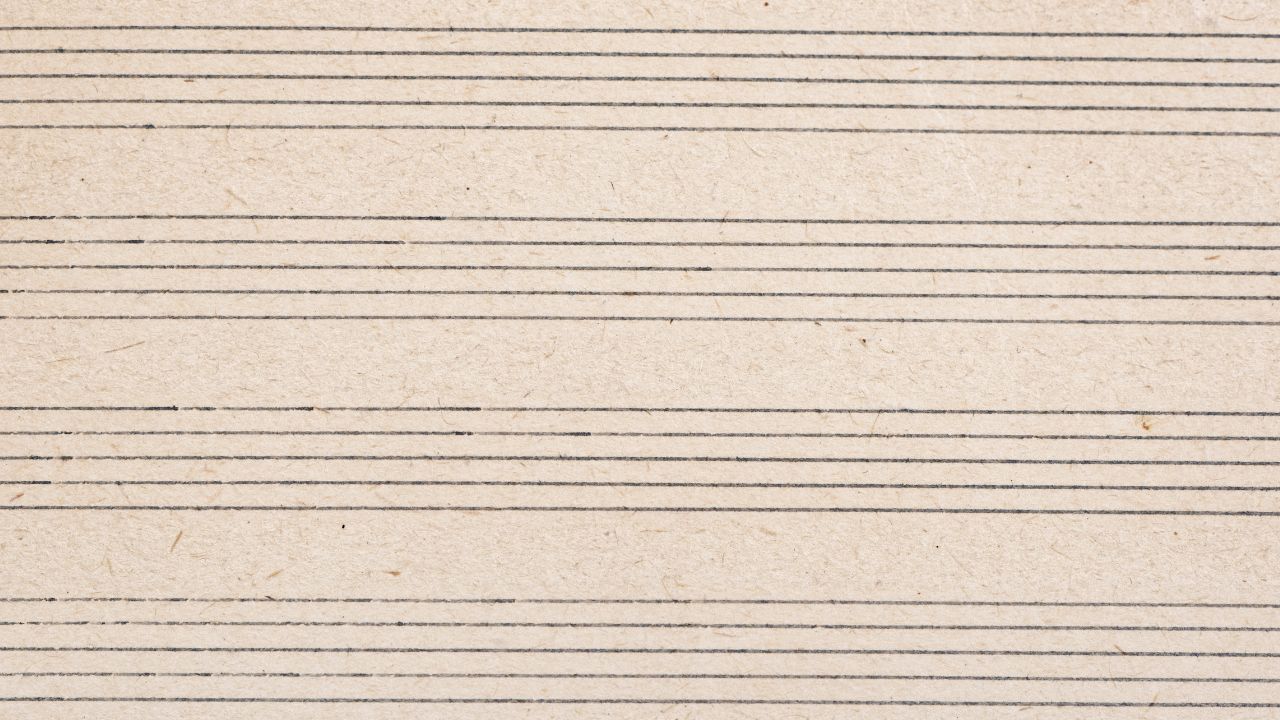How “Creativity, Inc.” made me a better composer
Ever since Toy Story came out in 1995, Pixar Animation Studios has dominated the world of animation. They characterize their stories by inventive plots, emotional authenticity, and joyousness in their storytelling. I’m a big fan of Pixar, so when a friend recommended this book to me, I just had to read it. In his book Creativity, Inc., co-founder and president Ed Catmull shares his insights into how Pixar was founded and the core ideas and principles that make Pixar such a successful and admired creative powerhouse. The book goes in-depth about leadership and management decisions and gives tremendous insight into how Pixar creates a work environment where creativity can thrive.
The techniques applied by Pixar and described in this book by Ed Catmull apply to any creative endeavor, including composition. As composers, thinking creatively and inventively is how we can drive our music forward and stay inspired to keep working. For this reason, I want to share 5 key insights from Creativity, Inc., that have helped me in my creative process, and I hope will help you in yours.
Failure isn’t a necessary evil. In fact, it isn’t evil at all. It is a necessary consequence of doing something new.
Without failure, there wouldn’t be originality. And yes, failure hurts, but we need to embrace it as something that helps us grow. As Andrew Stanton, one of Pixar’s directors would say: “Fail early and fail fast.” Try things out, fail at them, and learn from them. It’s better than thinking endlessly before trying something, not doing it, and not learning anything at all. Train yourself to develop a mindset that doesn’t shy away from failure, so you can learn from the things you’ve failed at.
Don’t wait for things to be perfect before you share them with others. Show early and show often. It’ll be pretty when we get there, but it won’t be pretty along the way. And that’s as it should be.
The composition process is very personal, and I often tend to shut myself in the studio until I’ve finished my work. However, perfectionism can severely hinder us in the long run and can keep you clogged in your project. Open up your work for others to help you develop the piece while writing it. Sharing with others you trust might give you new and fresh ideas for continuing your work.
Another book I highly recommend on this topic is Show Your Work by Austin Kleon.
Imposing limits can encourage a creative response. Excellent work can emerge from uncomfortable or seemingly untenable circumstances.
Creating limits for yourself can be a great way to force yourself to think creatively. You might exempt yourself from using solutions you’re so used to, so you have to look for a different one. Trying to write a piece with restrictions on, for example, instrumentation, harmony, or time signature, is a great way how I’ve learned new techniques.
Do not discount ideas from unexpected sources. Inspiration can, and does, come from anywhere.
Open yourself up for ideas from others, and never refute someone else’s suggestion before considering it. When the thoughts of others interact with your own, your ideas can grow and climb to new heights. Surrounding yourself with like-minded people can be of great value to achieve this, but inspiration can come from anywhere. Be open to them wherever you go, and be prepared to write them down. I love social media for this. You can follow whoever you want, and there are so many people creating so many beautiful things on there. It’s a daily source of inspiration.
Don’t confuse the process with the goal. Working on our processes to make them better, easier, and more efficient is an indispensable activity and something we should continually work on, but it is not the goal. Making the product great is the goal.
We’re talking a lot about optimizing your workspace or creative process so you can get started with your compositions quickly. While this can be of value to get you going, the end goal is always to write great pieces. Try to improve your creative process and environment, so it allows you to achieve this goal. I have spent countless hours making the perfect template, but a template is of no use to me if I don’t use it to create new music.
I recommend that you give Creativity, Inc. a read, especially if you love the work of Pixar. And I hope these lessons will help you in your own creative endeavors. I’d love to see the results!
Get Creativity, Inc. for yourself!
Audible
Note: This article contains affiliate links. Buying through them will earn me a small commission without any additional cost to you.
Looking for more inspiration? Here are 5 things I learned by recreating Two Steps From Hell by ear!
Note: This article contains affiliate links. Buying through them will earn me a small commission without any additional cost to you.




